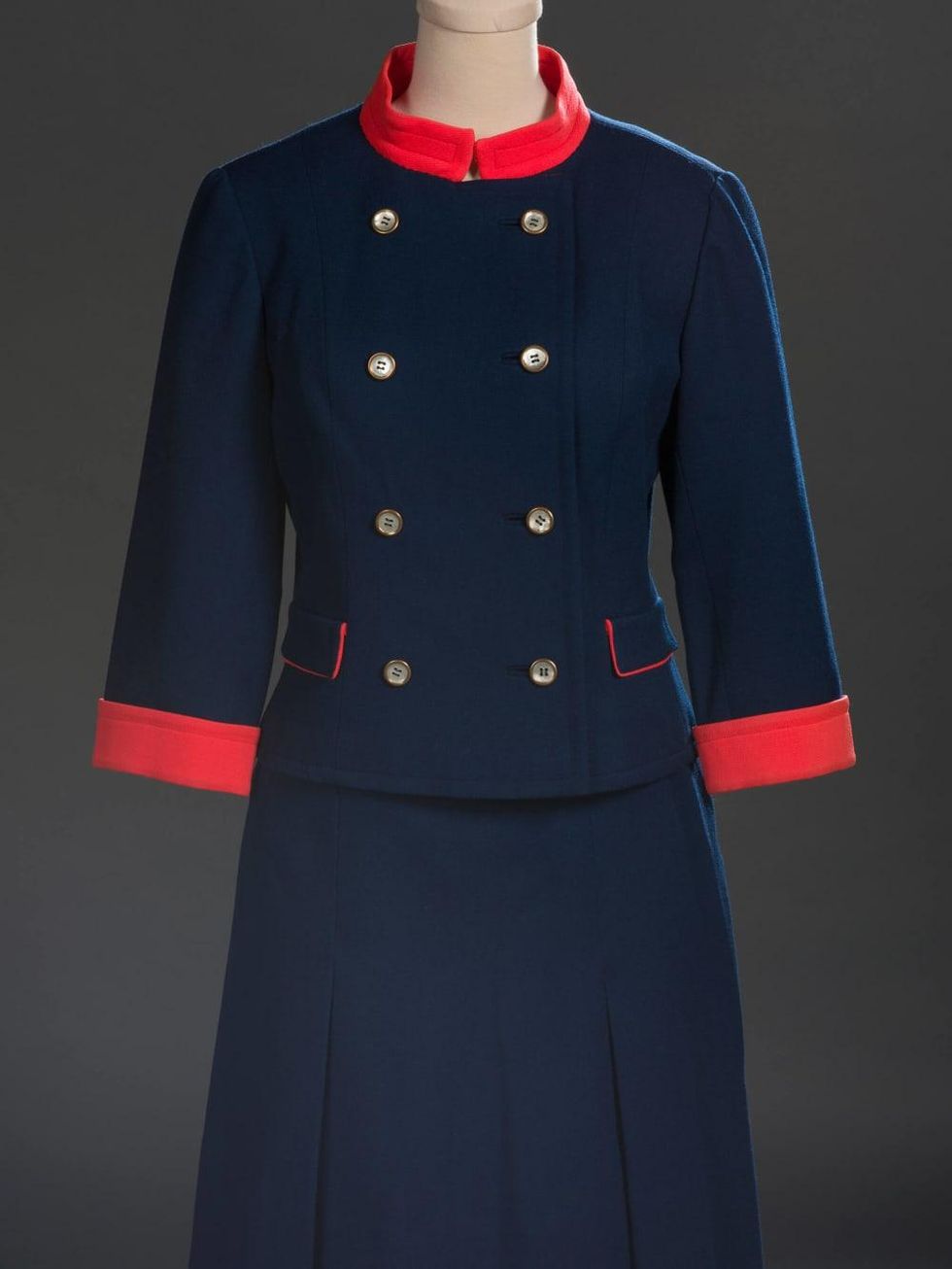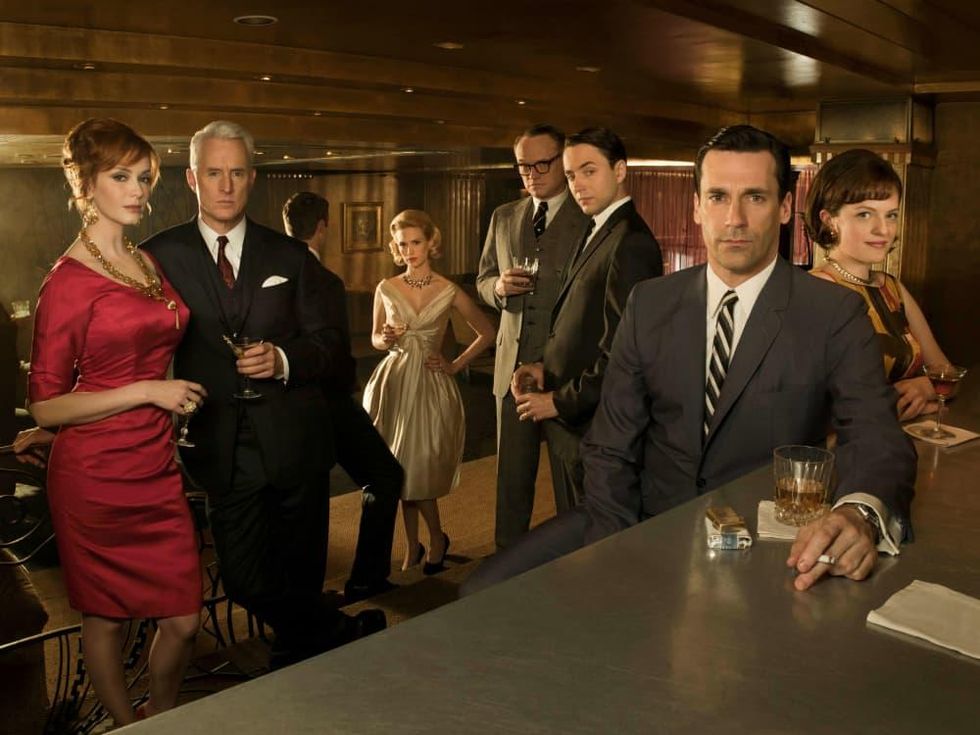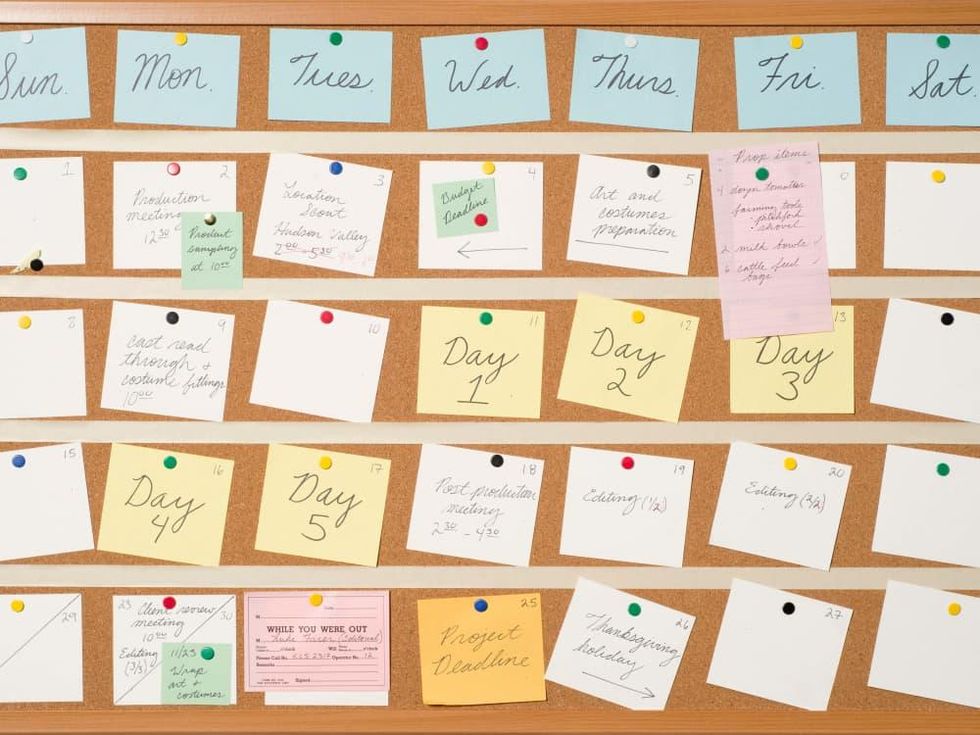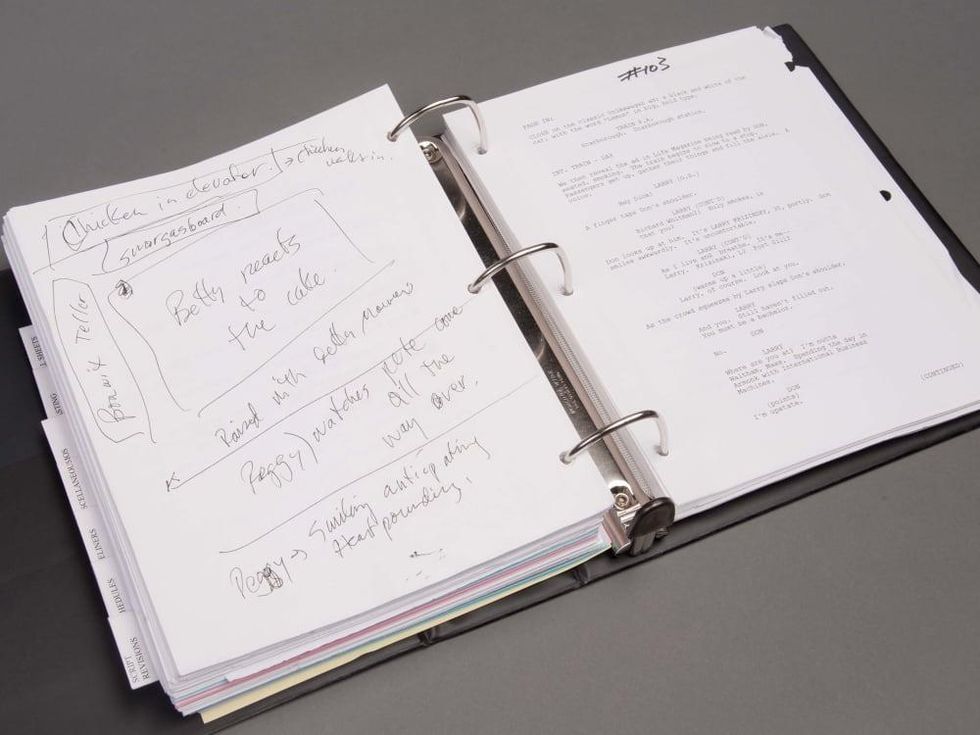Mad Men Museum News
Amazing Mad Men archive lands at University of Texas museum
As if McConaughey weren’t enough to make you re-enroll at the University of Texas, the Harry Ransom Center has announced that Don Draper and Joan Holloway are headed to Austin too.
The Harry Ransom Center revealed that the archive for award-winning series Mad Men would be joining its collection. Materials from the acclaimed drama will include script drafts and notes; inspiration boards and period fashion lookbooks; costumes, prop pieces, and personal effects (Peggy Olson’s outfits, Joan Holloway’s pen necklace, Don Draper's terms of re-employment letter); plus digital records and video relating to the creation, production, and marketing of the series.
The generous donation was made in partnership with Lionsgate by series creator, executive producer, writer, and director, Matthew Weiner. Only the fourth series in TV history to win four consecutive Emmys for Outstanding Drama, Mad Men premiered in 2007 and followed the professional and personal lives of Madison Avenue advertising men and women during the 1960s. The show has been praised for its delicate balance of originality and historical accuracy, and for changing the TV landscape by adding Don Draper to the list of America’s favorite antiheros.
The decision to donate, says Weiner in a separate interview, came about during the Austin Film Festival after an introduction to the HRC’s curator of film, Steve Wilson. Weiner's hope for the collection is to share what he learned about the impact of history from trying to represent the daily life of average people. “It’s our hope that the Mad Men archive can provide both inspiration and edification,” he says, and that “people who are creative can retrace our steps.”
Students and professors at UT Austin are equally hopeful about this new addition, which “represents an exciting moment for television and media industry scholars,” according to Alisa Perren, associate chair and associate professor in the Department of Radio-Television-Film. “This collection will be vital for those wishing to learn about modern television development, research, writing, and production processes; 1960s-era advertising practices; and shifting gender roles in American society.”
Along with some planned fellowship awards for scholars conducting onsite research in its collections, the Ransom Center will conserve and catalog the Mad Men materials, which will then be made available for exhibition, teaching, and research. To celebrate the donation, a selection of materials from the archive will be on view in the Ransom Center’s lobby through February 1.




